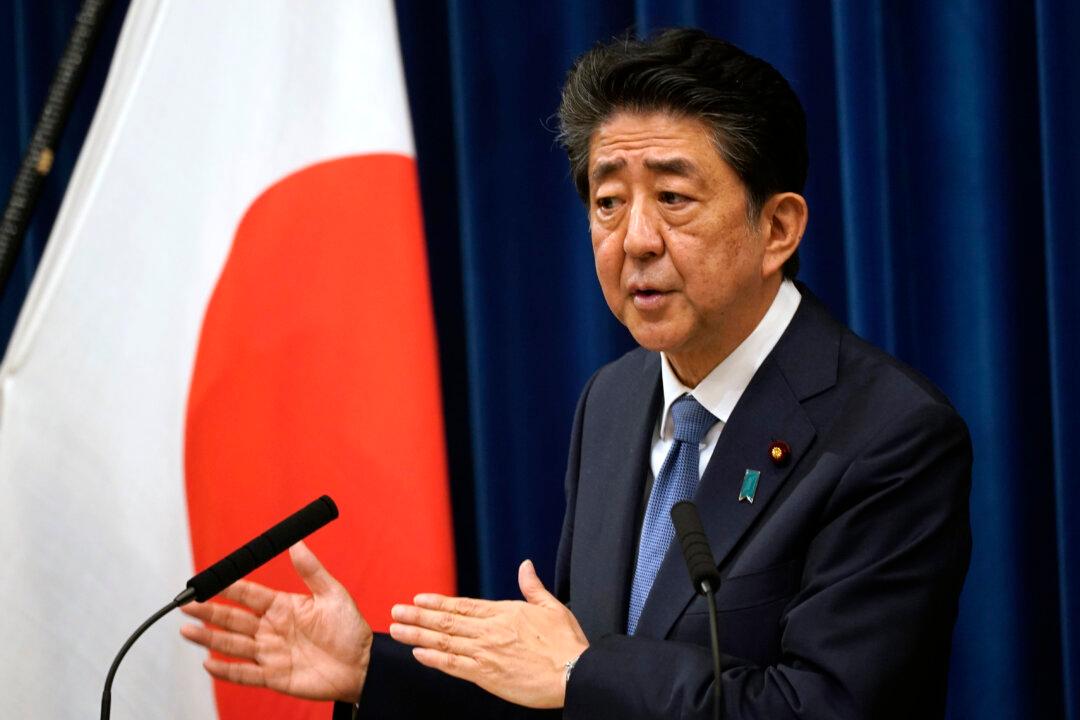Commentary
The world has reacted with shock to the assassination of the former Prime Minister of Japan, Shinzo Abe. Abe was the Prime Minister of Japan on two occasions, from 2006 to 2007 and 2012 to 2020, when he resigned for health reasons. But he maintained his interest in politics and continued to advocate on behalf of his ruling Liberal Democratic Party.





